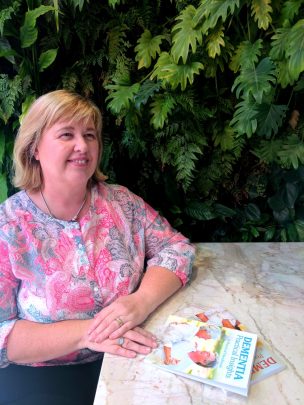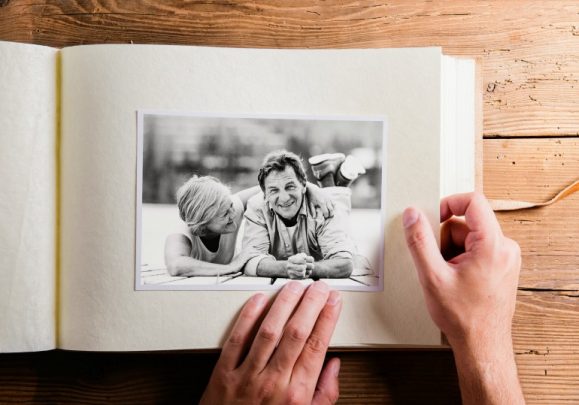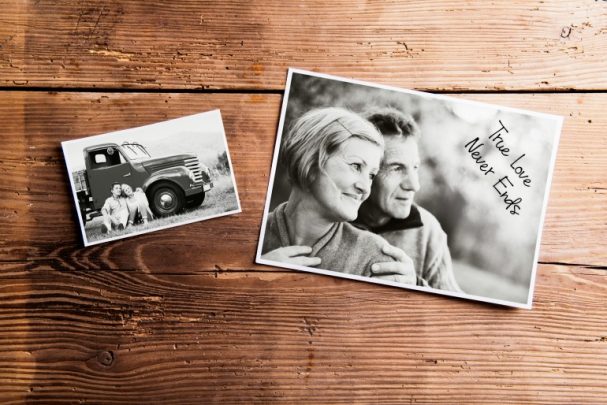
If you have a loved one in your life who has dementia you might not know how to deal with them as they go through the various stages of the disorder.
Lisa Hee, Director of Healthy Ageing and Dementia programs at CQUniversity said the easiest way for both of you was to think of where your loved one’s mind was at.
“If they look in the mirror they don’t know who they are,” Lisa said, which can be confusing and upsetting for everyone.
To prevent even more confusion, Lisa encouraged people to leave their loved ones in their happy place.
If they remember their life from 10 years ago, then talk about life as it was then.

While you can tell them about big events, such as marriages and deaths, Lisa said it was important not to repeat the information or correct them if they get it wrong.
“Each time you tell them it will be like hearing it for the first time, and especially for losses, they will go through the grief all over again”, Lisa said.
Read more: The signs of dementia and what they could really mean
Lisa co-authored the book Dementia Practical Insights, and also runs Elite Health Care Australia, a training and management service for aged care facilities and individuals.
From an early age she was involved with caring for her grandmother who had dementia.
Lisa then went on to work in nursing and then started training nurses in how to care for elderly patients.
One great tip Lisa offers for families is to surround their loved one with personal items they will remember from throughout their life.
One easy example that will work both at home or in an aged care facility is to set up a chronological photo album to leave with them in their room.

Include in the album images of people they know, and special locations, such as their home, school and work places over the years.
That way, when you spend time with them you can start talking with them using the album as reference points.

What would you include in an album like this?